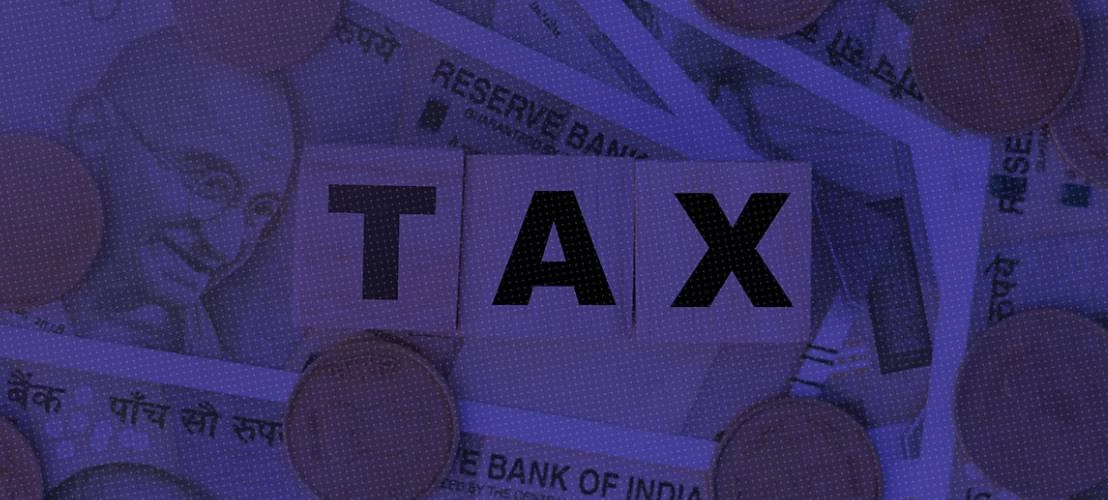The Supreme Court has affirmed the decision of CESTAT, which had held that unattested copies of export declarations filed by the foreign supplier before the foreign Customs authorities cannot be relied upon for the purpose of enhancement of value of goods imported in India.
The Court observed that unattested photocopies of the relied upon documents without anyone proving or owning up the veracity of the same would not have any evidentiary value.
The Apex Court in its decision dated 6 October 2023 also noted that that the very substratum of the documents was subsequently removed when the foreign supplier filed a second set of export declarations before the foreign Customs authority showing price matching the price of the goods as declared in the import invoices.
The Court also observed that the second set of declarations were also accepted by foreign Customs, albeit after imposing a penalty for misdeclaration.
Confessional statements when not reliable
The Court further did not find any fault in the approach of the Appellate Tribunal in not giving any credence to the confessional statements of owners of foreign company and Indian importer, as recorded under Section 108 of Customs Act, 1962.
The Supreme Court in this decision in the case of Commissioner v. Ganpati Overseas observed that the CESTAT had noted the factum of retraction of the statement and that the Additional Sessions Judge, while granting bail to the owner of Indian company, had mentioned that the statement may not have been a voluntary one.
Citing various precedents, the Court in this regard reiterated that a statement recorded under duress or coercion cannot be used against the person making the statement.
Charge of under valuation need to be supported by evidence
It may be noted that dismissing the appeal filed by the Revenue department, the Supreme Court, relying upon number of earlier decisions of the Court, also observed that both the department as well as the adjudicating authority were not justified in rejecting the import invoice price of the goods as not correct.
The Apex Court, for this purpose, reiterated that if the charge of under valuation cannot be supported either by evidence or information about comparable imports (contemporaneous imports), the benefit of doubt must go to the importer.
Enhancement of the price by straightaway invoking Rule 8 of the Customs Valuation (Determination of Price of Imported Goods) Rules, 1988 by the Department, was also found to be not correct.







